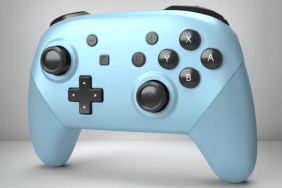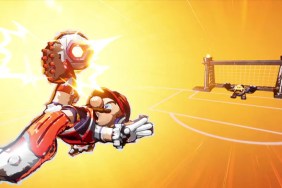Everywhere I look, I see stories of disappointed fans who went all over town looking for an NES Classic and couldn't find one, be it right at launch or during this increasingly mad holiday shopping season. People sought out the chance to hand Nintendo some money in return for warm, fuzzy nostalgia; but all they got was cold,…

Atlas is an action-rpg with rogue-like elements where you use your ability to control the ground to fight the enemies and move through procedurally generated worlds.










